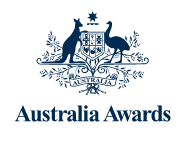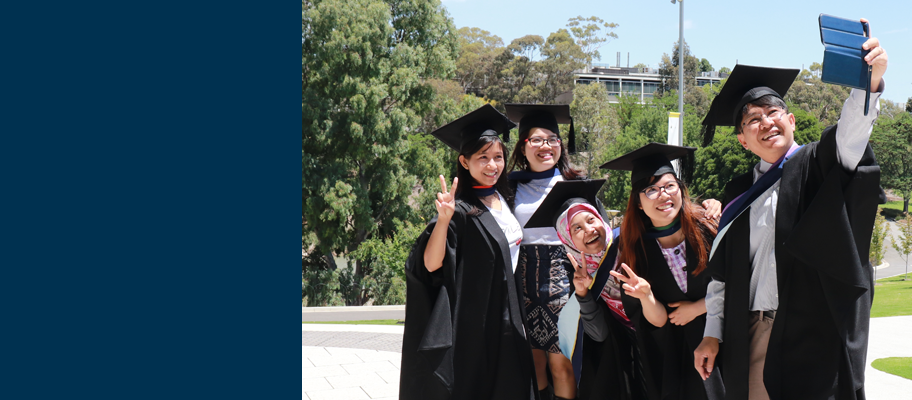Students at university in Australia enjoy strong and often informal interaction with their lecturers and teachers. Everyone is encouraged to comment and ask questions in class and in lectures, and students address most lecturers by their first names.
Group work is common in all courses, and are designed to prepare you for teamwork in academia or in the workplace.
Plagiarism (copying other people’s work, including published works) is forbidden, easily detected and grounds for exclusion. Learn how to cite your sources using your institution’s preferred referencing style.
Your compulsory Introductory Academic Program will provide detailed information on plagiarism, teach you correct referencing and how to use commonly used referencing software such as the Endnote program. If you need extra help to manage your studies or referencing, ask your Student Contact Officer.
Your obligations as an Australia Awards Scholarship awardee
- You must attend the Australia Awards Scholarships pre-departure briefing run by the Australia Awards office in Vietnam and your institution’s compulsory Introductory Academic Program.
- You must take up the scholarship in the academic year in which it is offered. You can’t hold another Australian Government scholarship at the same time as an Australia Awards Scholarship, and you must undertake only your approved program.
- With the exception of reunion visits, holidays and fieldwork, you must live in Australia during your studies.
- You must maintain an appropriate study load, attend all activities that are part of the program (including tutorials and lectures), submit assignments on time and sit all examinations. You must make satisfactory academic progress throughout the course and follow the rules of the institution.
- You must not take on any work obligations if you cannot balance these with the pressures of study.
- You must leave Australia within 30 days of finishing your scholarship, or by the end date on your visa, whichever comes first. You must return home immediately after your scholarship is completed and not permanently re-enter Australia for at least two years. Any time spent in Australia during the two-year return home period will extend your original end date of the two-year period.
- If you apply for permanent residence or for a long-term visa to remain in Australia within the two-year period after completing your scholarship, you’ll incur a debt for the full cost of your scholarship. This may be as much as AUD$280,000 for a PhD student.
- If your scholarship is terminated, you will no longer be eligible to hold the sponsored student For information on your visa and departure dates from Australia, you should contact the Department of Home Affairs.
- Your contract includes conditions about the collection and transmission of personal information between DFAT and relevant parties, which may include information about you and your dependents. This information will be used for the purposes of administering your scholarship.
- Ensure that you read the scholarship policy handbook for a full list of your scholarship conditions. Your scholarship may be terminated if you breach your contract.
Your institution’s obligations
As an awardee, your institution must:
- Provide you with an information kit at least 14 days before you leave Australia.
- Organise temporary accommodation for your arrival and arrange a representative to pick you up at the airport and take you to your accommodation, unless you advise in advance that you don’t need this.
- Help you to open a bank account so you can receive your establishment allowance and contribution to living expense allowance.
- Provide you with details of your Student Contact Officer, organise the compulsory Introductory Academic Program, and monitor your academic progress.
- Arrange and pay for your return home travel using the most direct route.
The Department of Foreign Affairs and Trade’s obligations
As an awardee, DFAT’s obligations to you, through the Australia Awards office in Vietnam (Aus4Skills), include:
- Arranging a pre-departure briefing for you in Vietnam.
- Helping you obtain your visa.
- Working with institutions to monitor your progress and welfare.
- Paying your entitlements to your institution, as outlined in your contract.




